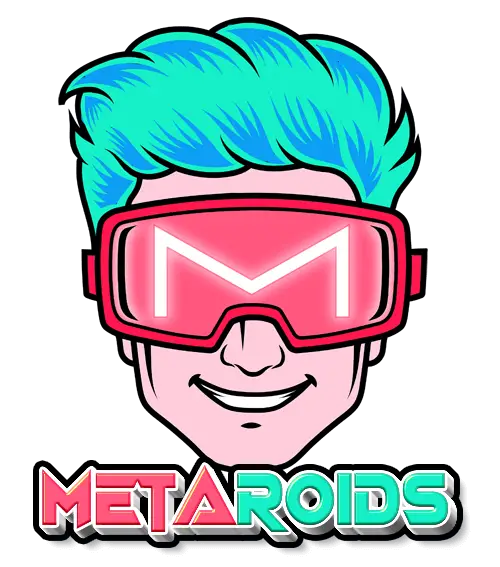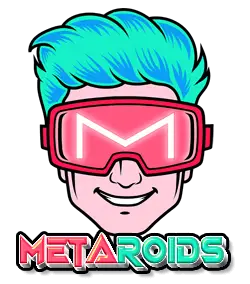Blockchain is one of the most disruptive technologies that have ever existed, but there’s a catch. It’s not that disruptive on its own. Blockchain needs to be coupled with crypto technology in order to become revolutionary.
In this article, I’m going to tell you why blockchain and crypto technology is gonna dominate the tech industry in the next decade or sooner.
You might have witnessed the words “disruptive” and “blockchain” in the same sentence in several news headlines. But if blockchain truly is a disruptive innovation, what jobs will it eliminate?
We’ll get to that, but first, let’s talk about the blockchain crypto duo.
Why Blockchain and Crypto?
In spite of major companies like IBM hyping up “enterprise blockchain solutions,” many developers are not convinced that blockchain by itself is very useful.
The thing is, a blockchain is just a distributed ledger. Think of multiple devices having the same copy of a record, all of them synchronized.
That’s blockchain. As a database, it is quite inefficient. But that’s okay. It was never built for efficiency.
It is built for:
Two or more parties | that do not trust each other | but want to transact.
Therefore, you need a database and a currency to make this work well. They go hand in hand.
A cryptocurrency is necessary to transact on a blockchain. There needs to be a currency involved in order to have a medium to exchange value on. But without a blockchain, the transactions cannot be transferred and recorded either.
But if we were to combine these two technologies, they could drastically change the way the world economy operates.
The most affected industries will be those that offer intermediary services (or middlemen) such as finance, law, and banking, to name a few.
So BLOCKCHAIN and CRYPTO is the disruptive technology.
Now, to understand how disruptive blockchain and crypto are, we must first define disruptive technology.
What does disruptive technology mean?
Disruptive technology is an innovation that is so revolutionary that it literally changes the way people, businesses, and even entire industries behave.
And it does this through a technology that is vastly superior to the previous one and renders it obsolete.

Examples
- Internet — the internet changed everything. Countless businesses that didn’t adapt to this powerful technology paid a heavy price. Bookstores, Toy stores, wine stores, and just about any company that didn’t leverage online branding, sales, and marketing most likely died out.
- Automobile — Before cars, horse and buggies dominated the streets. Now they are nothing but glorified relics of the past. Quite fun for tourists though.
- Social Media — Apps like Facebook and Twitter remarkably altered the way we used the internet. They made mobile the number one source of internet traffic, which also forced businesses to adapt or die out.
All of these technologies have faced great resistance at first, which is normal. People don’t like change. They have to be forced into it.
This is true for any other disruptive technology as it is with blockchain. As you might have noticed, not everybody is thrilled to accept this innovation.
After all, some industries might be rendered obsolete. So it’s no surprise that blockchain gets demonized. It’s out of self-preservation.
No one wants to lose their relevance, let alone their livelihood.
What jobs will Blockchain eliminate?
Blockchain and crypto are set to disrupt probably hundreds if not thousands of jobs. I’ll name a few.
- Banking — let’s admit, bankers are the most hated workers in the crypto space. With good reason too. They caused most of the economic collapse in history including the 2008 financial recession.
- Real Estate Agents and Escrow Companies — pretty soon, tokenization will enable anyone to directly buy a fraction of property in real estate decentralized exchanges. This will remove the barrier to entry for low-income investors and provide tremendous other benefits, which I have no time to discuss in this article.
- Legal jobs — Things like notaries, last will and testament records, inheritance legal issues, etc. will have major advancements in the way they are managed. A blockchain allows records to be stored in its unalterable ledger and securely verified. This doesn’t mean that all lawyers will lose their jobs. Only that their demand will be substantially reduced.
- Venture Capital Firms — as we have witnessed in the last few years, several startups are able to raise tens or hundreds of millions of dollars with only a whitepaper and a promise to investors. No wonder VCs hate crypto.
Conclusion
Blockchain is disruptive when paired with crypto technology. Pretty soon, other industries will bow down and kneel to the greatness of blockchain/crypto. And you and me shall be carrying our crypto bags, eyes sparkling and sporting our devilish grins.
By then we’d be filthy rich! Stay active fellas! You don’t want to miss out on the next revolution. 🙂
Join our newsletter as we build a community of AI and web3 pioneers.
The next 3-5 years is when new industry titans will emerge, and we want you to be one of them.
Benefits include:
- Receive updates on the most significant trends
- Receive crucial insights that will help you stay ahead in the tech world
- The chance to be part of our OG community, which will have exclusive membership perks



